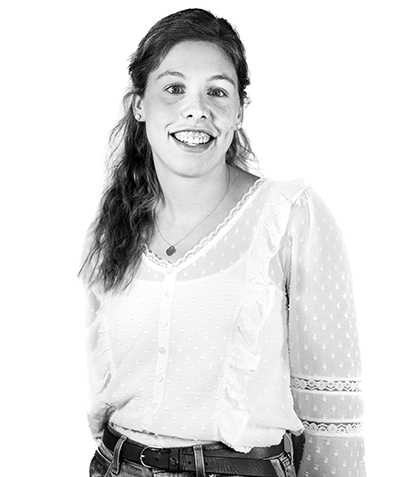About our research
Our research program is divided into three 4-year PhD projects, each with their own focus. PhD project 1 will focus on the development of the comprehensive individual profiles and their translation to daily life. PhD project 2 will focus on investigating if and how the success of an intensive lifestyle intervention may depend on these profiles and how behavior in daily life changes due to this intervention. Finally, PhD project 3 will focus on long term outcomes and the early prediction of relapse and further weight loss.

PhD Project 1
Start March 2023; Jikke Hesen
This project will —in a large sample of individuals varying in bodyweight— assess a comprehensive set of personal, biological, psychological, environmental, and behavioral variables that have been identified as important causal and maintenance factors for overweight and obesity.
Based on this set of variables, we will develop comprehensive individual profiles. Although we expect considerable individual variation on these variables, it may be unlikely that truly each and every individual is characterized by a totally different comprehensive profile. Therefore, we will proceed to identify whether individual comprehensive profiles can be clustered in a meaningful way according to similarity, and will examine how these clusters relate to bodyweight indicators.
As behavioral change happens in daily life and is necessary for weight change, a fine-grained understanding of (triggers of) healthy and unhealthy behavior in the daily life of an individual is additionally needed for understanding and treating overweight and obesity. This micro-level research has increased in popularity over the last decade, and relies mainly on Ecological Momentary Assessment (EMA). In EMA, participants answer the same set of questions (e.g., food craving, food intake, emotions) multiple times throughout the day, and data can be analyzed as time-series for each individual. Based on these time-series data daily lifestyle networks can be estimated. These daily lifestyle networks are related to the clusters of comprehensive individual profiles, to discover if the clusters of comprehensive individual profiles translate to distinct daily lifestyle networks at baseline. We will also test the prediction that a network with healthier characteristics (e.g., more healthy behavior and stronger predictors leading to these behaviors) is associated with a lower body weight.

PhD project 2
Start March 2023; Eva Vanbrabant
Though on average treatments for overweight are moderately effective, there is much variability across people in weight-loss-response to treatment. It is therefore crucial to study comprehensively which people benefit from an intensive lifestyle intervention, and why that is the case. This project investigates if and how the weight-loss-response to an intensive lifestyle intervention depends on the comprehensive individual profiles. In addition, it will be tested if the clusters of comprehensive individual profiles are related to the post-treatment daily lifestyle networks, and whether these daily lifestyle networks become healthier due to treatment Finally, it will be investigated if a healthier daily lifestyle network predicts increased weight loss

PhD project 3
Start September 2023; Codrin Mironiuc
Unfortunately, weight (re)gain occurs quite frequently after treatment has ended. On average, people regain approximately one third of their lost weight in the first year after an intensive lifestyle intervention, but the degree of weight regain is highly variable across people. We investigate if and how long-term (6- and 12-month follow-up) weight change after the intervention depends on the comprehensive individual profiles as well as on the post-treatment daily lifestyle networks. Weight regain has been associated with a drop in adherence to a healthy lifestyle. For people with overweight and obesity, it would be valuable to catch this adherence-drop early, and be able to predict weight change early on within an individual. As a final project, we will perform an extensive case-series, and closely follow a subgroup of 50 participants with overweight or obesity post-treatment for 6 months. These participants will measure their bodyweight weekly, and will continue the measurements for the daily lifestyle networks during these 6 months. Their daily lifestyle networks will be updated daily during this period, based on data from a 7-day moving window. We will investigate if weight change during this 6-month period can be predicted early based on characteristics of the daily updated individual’s network.

